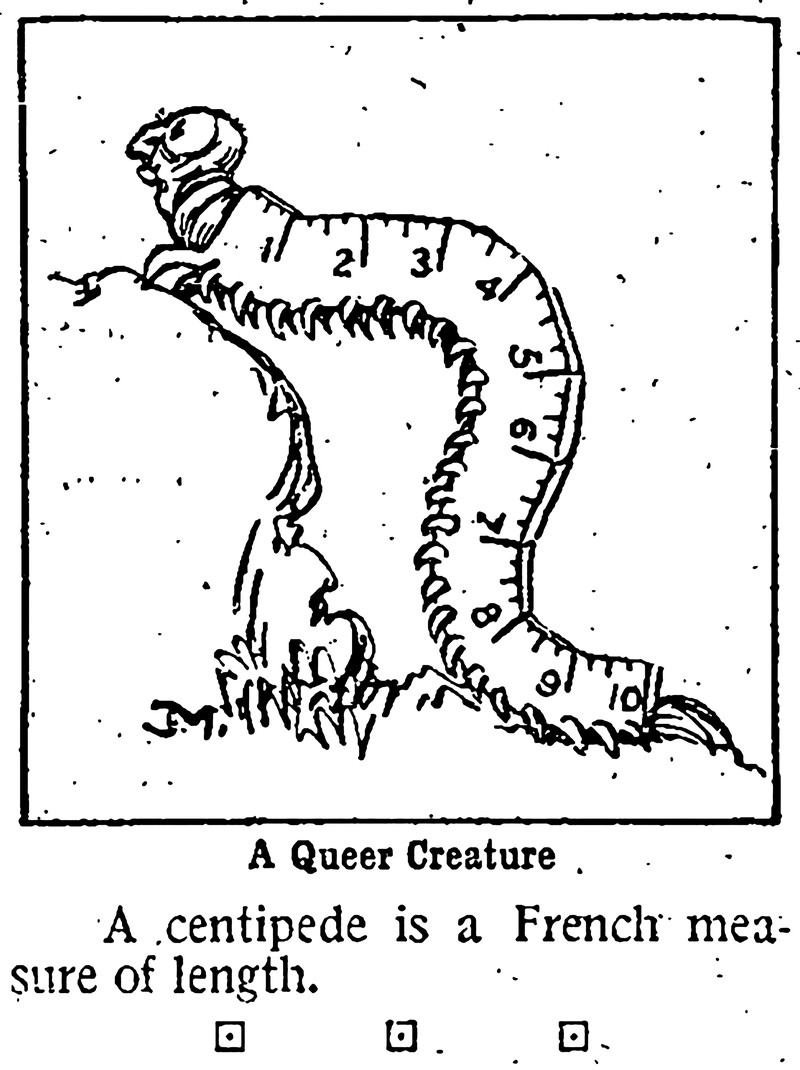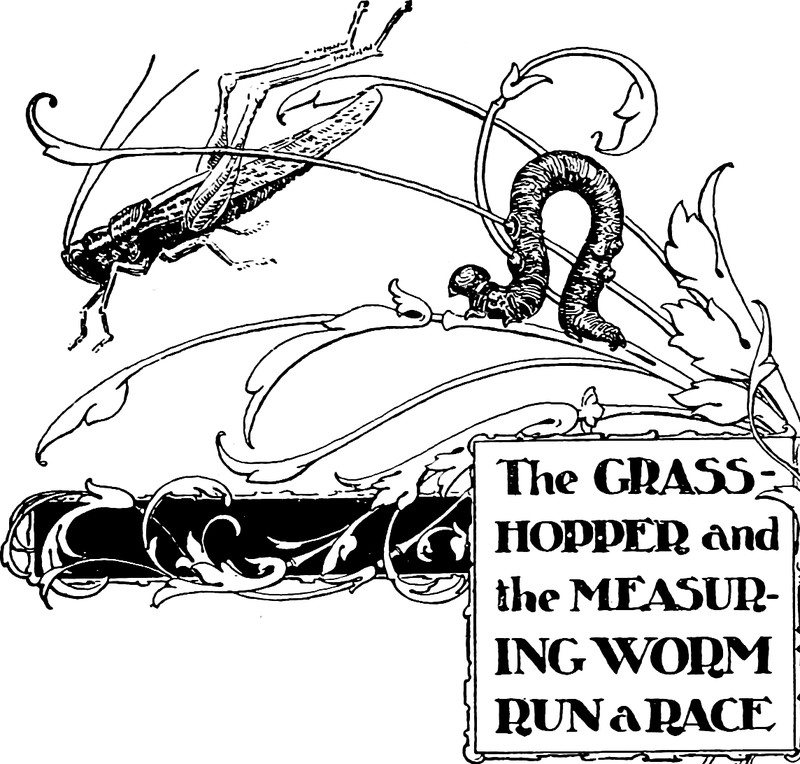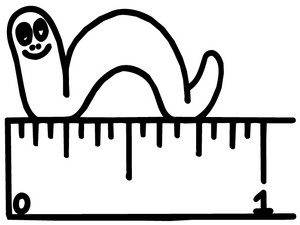Give an Inch, Take a MileAt
Inch Beach (on the Dingle peninsula), the water recedes a mile at low tide.
"In what way are an inch and a mile alike?" is a question in a neuropsychological test (from this
compendium).
In poetry, an inch of verse can traverse miles. Praising T.S. Eliot, Robert Francis wrote:
He moved from the Mississippi to the Thames
and we moved with him a few miles or inches.
Speaking of the Thames, the scale of this
map of London from 1786 is one inch to a mile.
It has been said that at "Mile Zero" of the Oregon Coast, nearly every inch is scenic (
Portland Hikes by Art Bernstein and Andrew Jackman).
"Victory is not won in miles but in inches. Win a little now, hold your ground, and later win a little more." —Louis L'Amour
Similarly, "Battle is a matter of inches, not miles. The inches that separate a man from his enemy." —Bernard Cornwell,
Excalibur: A Novel of ArthurThe immortal inchworm vs. the infinitely stretchy rubber band:
An inchworm is at one end of an infinitely stretchy mile-long rubber band. He
walks an inch. The rubber band is then stretched to two miles. It stretches
evenly along its entire length, so the inchworm has gotten a one-inch free ride,
and is now two inches from the end. He walks another inch, and is now three
inches from the end. The rubber band stretches another mile, to three miles
long. He gets a 1 1/2 inch free ride out of this stretch. The pattern of walking
an inch and stretching a mile repeats itself indefinitely.
(a) Will the inchworm ever reach the other end? Prove your answer. Hint:
Use the asymptotic bounds on harmonic series.
(b) Will the inchworm ever reach the other end if, instead of increasing by a
mile, the rubber band doubles in length at each step? Prove your answer.
—via this
test (.pdf) from an Analysis of Algorithms class.
However, "
a mile wide and an inch deep" involves a different sort of math.
Ultimately, "The very idea that space is separated by inches, miles, light-years,
and parsecs is but an illusion, as ephemeral as ephemeral as the
shadows in Plato's cave." —Win Wenger,
The Einstein Factor





